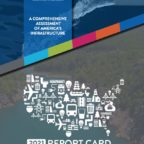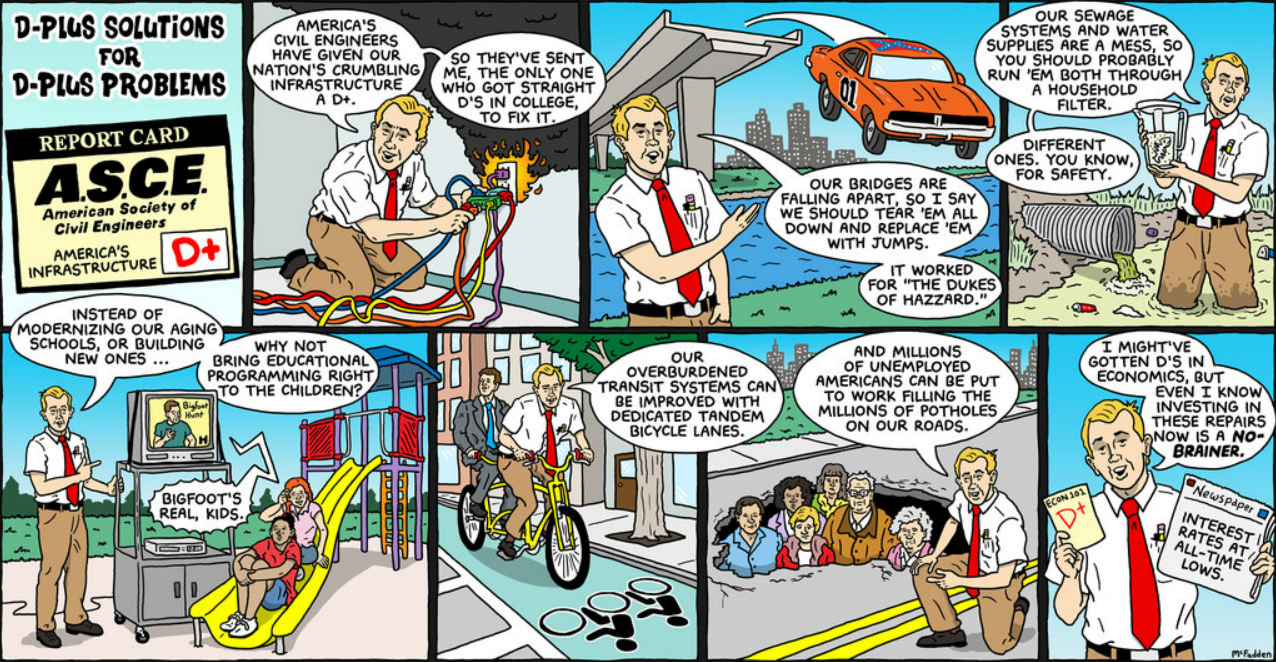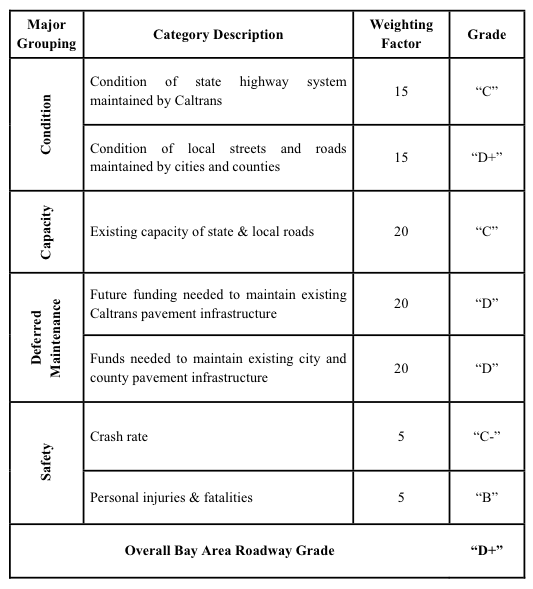
Voters and lawmakers alike have championed smart infrastructure policy and increased investment in our multimodal freight system, drinking water networks, and more. This down payment on our infrastructure bill has contributed to modest but meaningful improvements.
View this complete post...

















 RSS Feed
RSS Feed